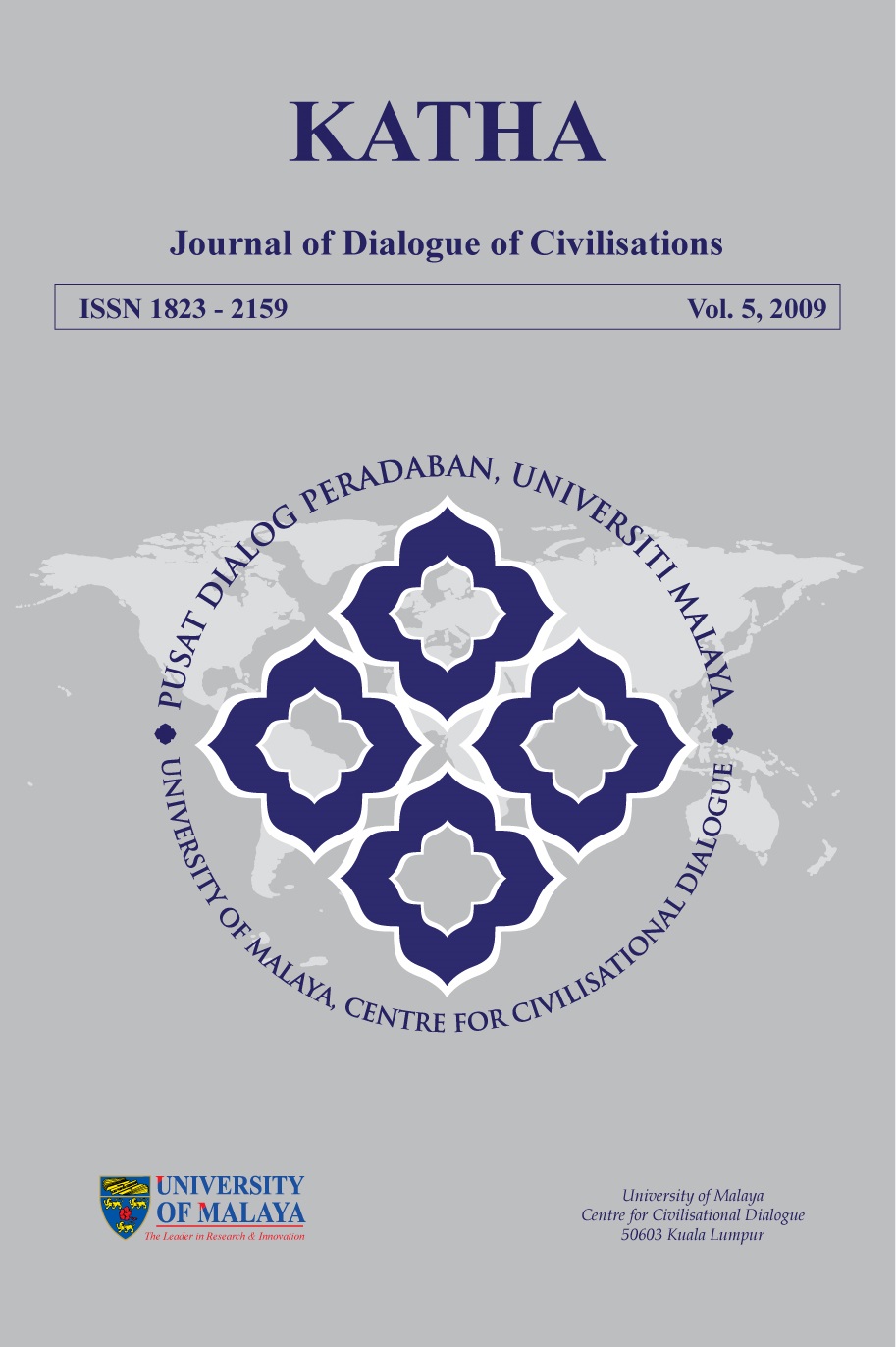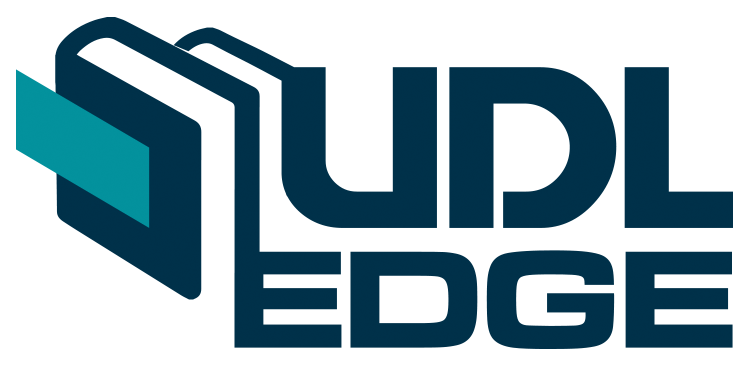The Ethics of Disagreement and Its Place in the Islamization of Knowledge
Keywords:
Islamic jurisprudence, hadith interpretation, ethical disagreement, Islamic textual analysis, Islamic knowledgeAbstract
Disagreement about revealed knowledge were rare during the life of Prophet Muhammad since the companions could confer with him for clarifications. The articles argue that disagreement is inevitable given human diversity in language, multiplicity of hadiths, and differences of juristic traditions. The successors to the companions developed thirteen school of Islamic jurisprudence and disagreements in interpretations became more entrenched. Criteria for contemporary ethical disagreement are set out, and Islamization of knowledge proposed for unifying and strengthening the ummah.
Downloads
Downloads
Published
How to Cite
Issue
Section
License
Articles submitted to the journal should not have been published before in their current or substantially similar form, or be under consideration for publication elsewhere. Authors submitting articles for publication warrant that the work is not an infringement of any existing copyright and will indemnify the publisher against any breach of such warranty. For ease of dissemination and to ensure proper policing of use, papers and contributions become the legal copyright of the publisher unless otherwise agreed. By submitting a manuscript, the author(s) agree that copyright for the article is transferred to the publisher, if and when the manuscript is accepted for publication. However, it can be reprinted with a proper acknowledgment that it was published in KATHA.

This work is licensed under a Creative Commons Attribution-NonCommercial-NoDerivatives 4.0 International License.




